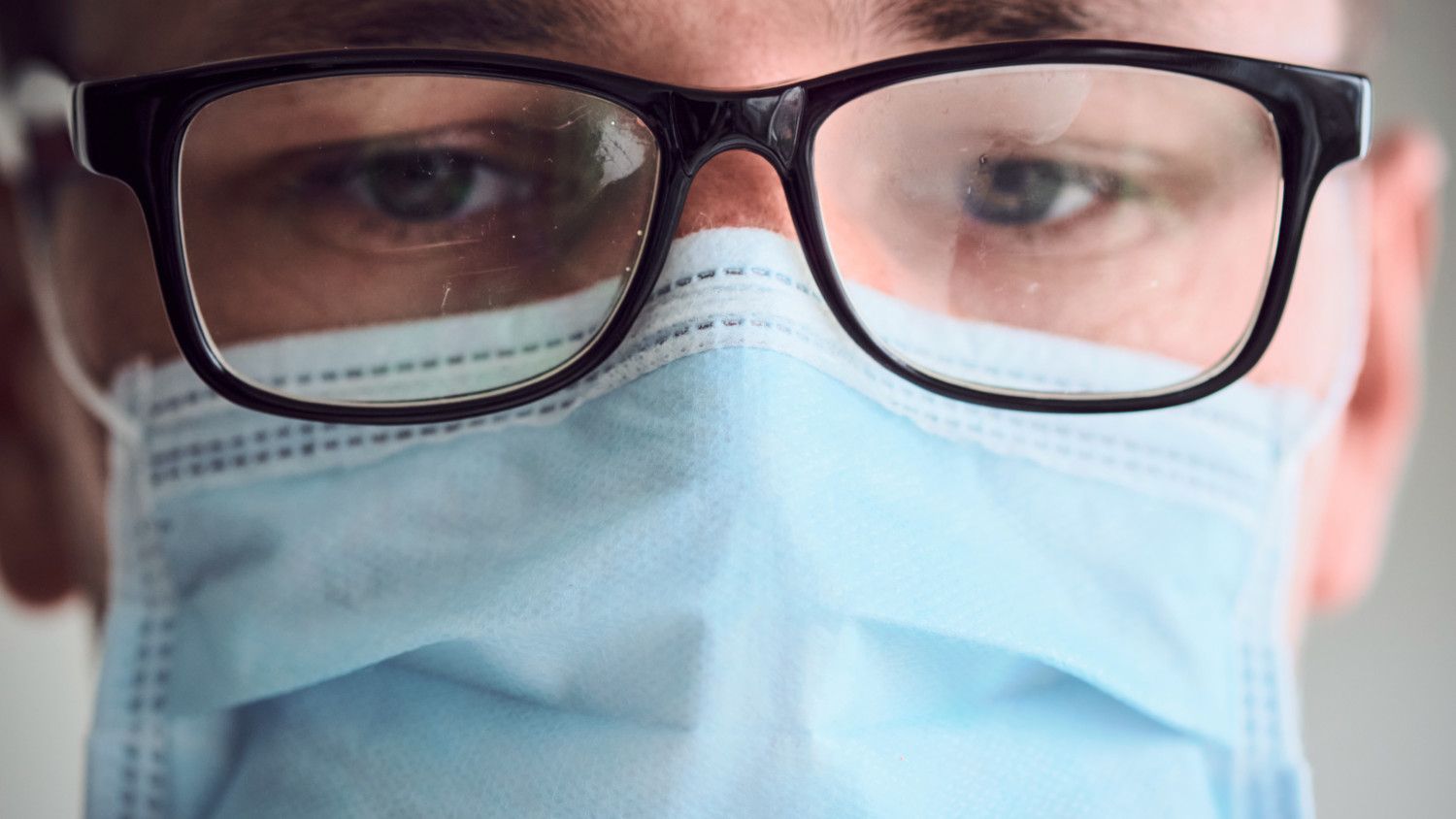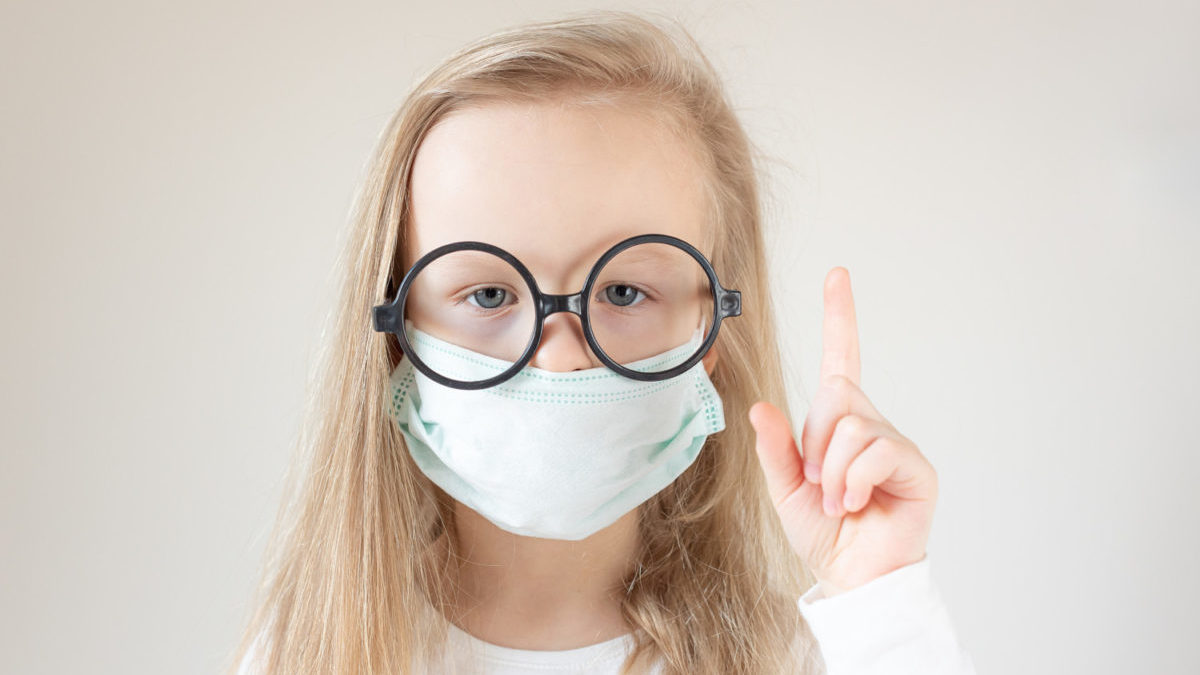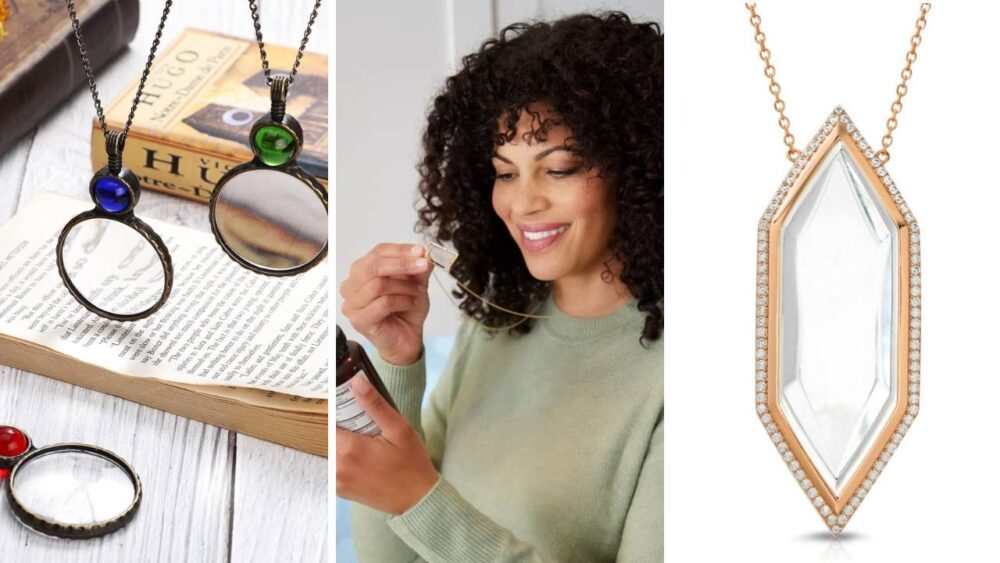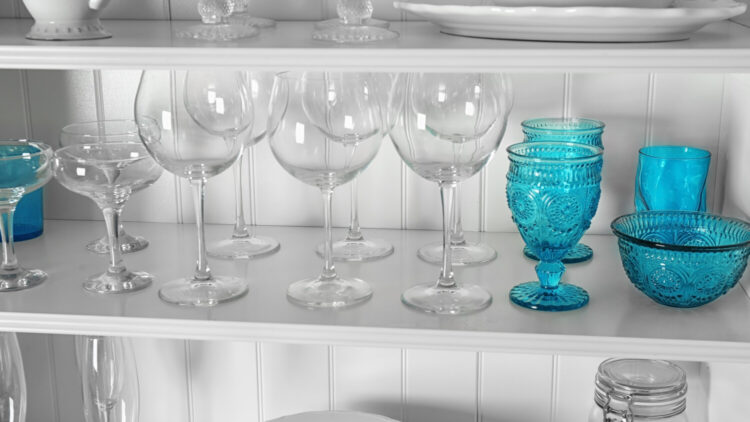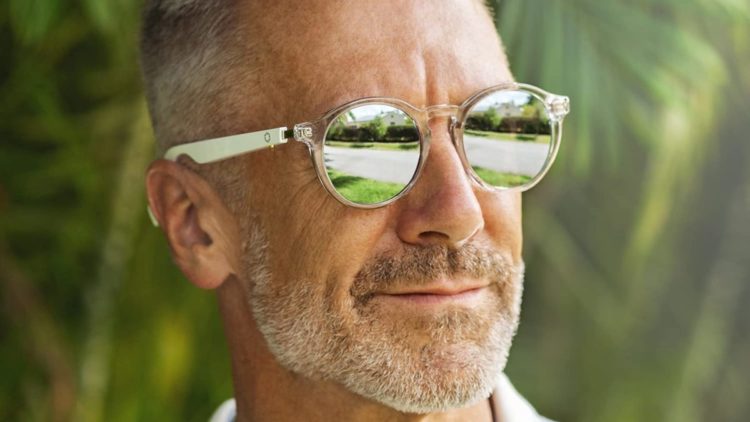How to wear a face mask without fogging up your glasses
Now that the CDC is recommending that we all wear cloth face masks when we make one of those limited trips out for essentials, those of us who wear sunglasses or regular glasses have a new problem on our hands: foggy lenses.
Between the heat that comes with wearing the mask and the fog that impairs your vision with every breath, it’s enough to make you want to skip going out for groceries and figure out how to cobble together a dinner with Fritos, a can of beans and the sad last bits of fresh vegetables in the fridge. (Hey, if you have cheese to melt onto that combo, maybe that’s not a bad meal!)
Your lenses fog when the hot, humid air from under your mask gets funneled up to the relative cool of the lenses, where your breath condenses and creates that mist you can’t see through. And the temperature variation that exacerbates lens fog makes it a tough problem to beat. But there are a few things that could help to reduce the fogging just a bit.
Wash Glasses In Soap And Water
Just like your hands, your glasses need a little love from regular soap and water. A study in the journal of the Royal College of Surgeons of England that examined the problem of lens fogging for surgeons found that washing glasses in soap and water just before donning a mask helped reduce misting. “Washing the spectacles with soapy water leaves behind a thin surfactant film that reduces this surface tension and causes the water molecules to spread out evenly into a transparent layer,” the study’s author wrote.
Create A Nose For Your Homemade Face Mask
If you feel like the shape of your mask is venting your breath straight onto your glasses, you might try adding a nose wire to your mask to improve how it conforms to the shape of your face.
This YouTube tutorial from Raising Nobles covers making a face mask with a filter pocket and a nose wire. One commenter pointed out that the wire band at the top of many coffee bags work well if you don’t have pipe cleaners or other wire on hand. Clever!
Fold Down A Loose Mask A Tiny Bit
The Tokyo Metropolitan Police Department issued a tip for the problem of foggy glasses with a face mask: Fold the very top of your mask down and inward. It creates some extra space for your breath to leave the mask through the material, without it going straight up to your eyes. However, this reduces the size of your mask, which should completely cover your mouth and nose and fit close to your face all the way around.
Here’s a quick video demonstration:
Slide Your Glasses Down
A frustrated glasses-wearing writer at The Cut noted that simply sliding your glasses down your nose seems to help.
I have tried this trick in the winter, when I sometimes cover my nose and mouth with a Buff when I go for a run. (I have asthma, and a doctor recommended warming the air before it hits my lungs in this way when I exercise outside in cold air.) For me, it only creates a minor improvement in the fog. It’s just hard not to fog your glasses or sunglasses when you’re breathing hard onto them when it’s cold out.
How To Make A No-Sew Face Mask
If you still don’t have a homemade face mask, here’s a quick and easy way to put one together. U.S. Surgeon General Dr. Jerome Adams shows you how to make one out of an old T-shirt and two rubber bands in this YouTube video:
https://www.youtube.com/watch?v=tPx1yqvJgf4
Stay safe — and fog-free — out there!


